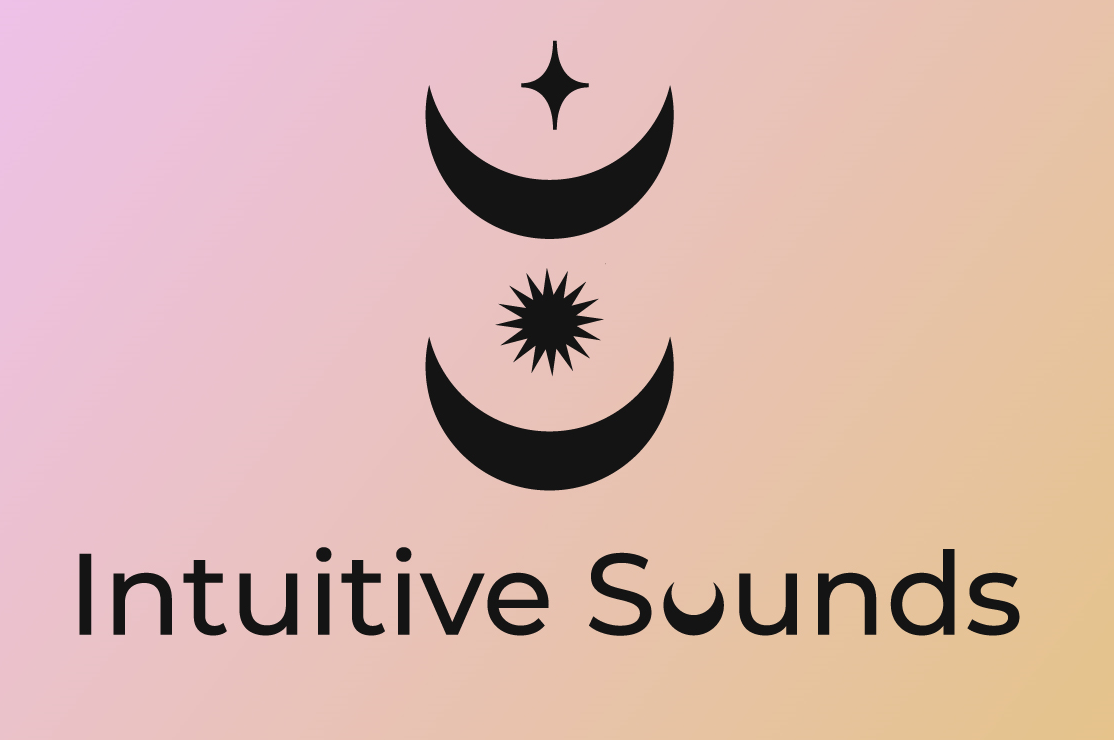Have you considered how your environment and experiences shape your beliefs, habits, and reactions? The concept of conditioning—rooted in psychology—plays a significant role in our daily lives. From Pavlov’s dogs salivating at the sound of a bell to our automatic responses to stimuli, understanding our conditioning can provide insights into why we think and act the way we do. To explore this further, we invite you to take a quiz and discover how conditioned you are!
The Impact of Conditioning
Before taking the quiz, let’s unpack what conditioning means. In simple terms, conditioning is how individuals learn to associate certain stimuli with specific responses. This process could be as elementary as associating the smell of baking cookies with feelings of nostalgia or as complex as developing social anxieties stemming from experiences.
Conditioning occurs in many forms, such as classical conditioning (learning through association) and operant conditioning (learning through consequences). Our surroundings—including family dynamics, cultural influences, and societal expectations—are crucial in developing our conditioned responses.
The Quiz: How Conditioned Are You?
Below is a series of statements designed to help you evaluate how much influence your conditioning has on your thoughts and behaviors. For each statement, rate yourself on a scale of 1 to 5, where 1 means “strongly disagree,” and 5 means “strongly agree.”
1. I often react to situations based on past experiences rather than analyzing them in the moment.
2. Certain smells, sounds, or sights evoke strong memories within.
3. I catch myself using phrases or expressions I frequently heard growing up, even if I no longer agree or identify with them.
4. I tend to avoid situations that remind me of negative experiences from my past.
5. I feel uncomfortable facing change and prefer to stick to what I know.
6. I find it challenging to understand viewpoints that differ from those taught in my early years.
7. I often hold back my genuine opinions to fit in a group setting.
8. My reactions to stressful situations are often automatic and feel out of my control.
9. I have developed habits (good or bad) that I find hard to break, even if I want to shift my patterns. For example, think about what and how you eat and why.
10. I frequently feel that my beliefs and values align closely with those of my family or cultural background.
Analyzing Your Results
Once you’ve rated each statement, total your scores to get a sense of your level of conditioning:
– 10-20: You may exhibit low levels of conditioning. These levels indicate that you are more likely to be open-minded, adaptable, and willing to challenge inherited beliefs.
– 21-35: You demonstrate moderate conditioning, suggesting that while you may hold some conditioned responses, you still prioritize critical thinking and self-reflection in many aspects of your life.
36-50: High conditioning suggests that you often rely on past experiences to guide your present decisions. Recognizing these patterns and questioning whether they serve or limit your potential is essential.
Reflection: Understanding Your Conditioning
After completing the quiz, it’s time to reflect on your results. Understanding how conditioned you are allows for greater self-awareness. It prompts questions like, Are my reactions serving my current goals and relationships? Do I need to challenge or reframe any of my conditioned beliefs to upgrade my reality?
Consider journaling about your reflections or discussing them with a trusted friend or coach, like Rev. Adrian. This dialogue can facilitate growth and understanding of the root cause, creating space for new, healthier patterns in your life by letting go of ideas that do not align with the authentic self.
Conditioning is an integral part of the human experience that shapes who we are in our presence. Developing spiritual maturity and strength takes effort, discipline, and forgiveness—the willingness to observe the self and accept accountability with compassion. Just like physical fitness, it requires a consistent effort that pushes the limits of personal resistance to growth. With reflective practices, we may bring unconscious connections into the light and warmth of our hearts to enrich daily experiences.

